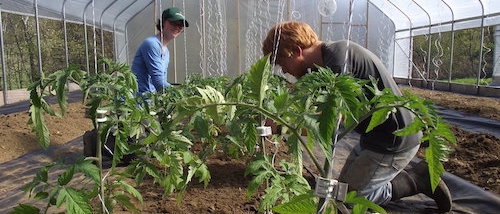We thought we’d make it easier on ourselves and our customers this year – we paid for an online registration package for our CSA. This is our tenth season running the CSA, and each year it gets a little more complicated as the group grows and as we tweak the program and add more delivery points. It seemed that it was time to stop trying to do everything ourselves, in our customary homegrown fashion.
While our CSA is now 10 years old, we have been in business for about 45 years. We grow vegetables on two farms 35 miles apart: the smaller farm is in suburban Fairfax County, Virginia, just 20 miles from the White House and the larger farm is in western Loudoun County, an area that is both resisting and enduring rapid development. It is a complex operation, and our success depends on healthy soil, good systems and careful management. In the last decade, our CSA has grown from 70 members to 600. We also go to farmers markets and have a roadside stand at each farm.
For the most part, the online system worked well for us. Registration went quickly and we seem to have retrieved all the relevant data. We signed people up in two phases – our returning customers had two weeks to register, at a discounted rate, before we opened up to new members. During those first two weeks, we worked out most of the bugs, in cooperation with the designer of the software package and we felt pretty confident. We posted the link for new folks on our web site at midnight, as is our tradition, and the registrations began immediately. By noon, we had sold out of all the shares in our eastern CSA group, and two days later our western group was full too. We were pleased to have found a way to stay on top of the information as it came in, to be able to close pickup locations as they filled up, and to be able to gather all the data so cleanly.
And then we learned about the dark side of online credit card transactions. Forty eight hours after we started, we received an e-mail from Google Checkout, announcing that they were keeping 10% of our funds in reserve, so they could honor chargebacks and cancellations. The intense volume of sales on one Sunday in February had triggered alarm bells at Google, and they had gone to our web site to see what we were selling. “Steve” from Google wrote: “During a recent review, we noticed that you are selling pre-ordered goods. Specifically, that your buyers are paying for a share of your farm’s crops before they have been grown. As a result, we will be holding a reserve on your Google Checkout merchant account. A reserve is a percentage of your periodic disbursements that are held aside to offset any refunds, chargebacks, or other claims against your balance.” We had been identified as a “high risk” business.
Naturally, we objected. We had read the Terms of Agreement and had seen the reference to reserves, but this was described in the broadest terms, and Google was repetitively clear about its lack of liability. It did not seem that Google would take responsibility for any dissatisfaction with a product – it only handled the transaction. We sent questions, we explained the CSA model and we protested that our customers understood the risk of joining up with our farm. We received more e-mails explaining that credit card transactions can always be reversed, and they were protecting our customers. They would keep our reserve until they were satisfied that our customers were satisfied.
At first we were incredulous. After a while it became clear that our polite questions and careful explanations were not making any impression. We came to realize that while we may be absolutely correct – our customers will not be asking for chargebacks and refunds from Google Checkout – our round marketing model does not fit into Google’s square system. We had made a mistake.
The irony is that our rapid-fire registration raised a big red flag at Google. Our non-scientific research showed us that we were the only CSA using the commercial software package that got slapped with the reserves policy. Everyone else seems to have slid by, so far. But next year Google might be more alert to the whole question, and other CSAs might be in our position.
We sent a note to our customers, explaining that Google was holding 10% of their payment, indefinitely. We gave them the only e-mail address we had, since there are apparently no phones to call at Google. Within minutes – and that is no exaggeration – the e-mails were flying. Our customers wrote beautiful, coherent explanations of their relationship to our farm and our vegetables, they demanded that Google release the funds, they said that they would have expected something better from Google, and they spoke poetically about the CSA model. We were so pleased and proud of our customers. We may post some of those letters on our web site, as their testimonials make our hearts sing.
The letter-writing campaign did not change the hearts or minds of the Google Checkout Team. Our customers’ clear and powerful voices were heard but not heeded. Each of the messages received the same response from “Ben” and “Sharon” of the Google Checkout team: their feedback was appreciated, this would be reviewed by specialists, and could they please ask the seller just to contact Google directly?
It has been one month since this all happened, and the specialists at Google just today determined that, while we may have a good story, it is not compelling enough. They will hold the reserves until they decide to release them. The only way we can be sure to get our money is to close the account. This still seems counter-intuitive to us, but we will do as they suggest and close our account. 180 days later, we will receive our funds.
There are several lessons here. First, even if you read the fine print, you may not be able to avert situations like this. Second, our customers really understand and appreciate what it means to have a share in our CSA. And finally, Google Checkout has no rubric for community supported agriculture programs. Before next February, we’ll see if we can find a vendor or an online transaction system that can understand this radical business model. If not, our customers will have to get out the checkbook, find a stamp, and walk to the mailbox.
Hana Newcomb, her mother Mariette Hiu Newcomb and Ellen Polishuk own Potomac Vegetable Farms in Northern Virginia. You can read about the farm on their web site at www.potomacvegetablefarms.com.

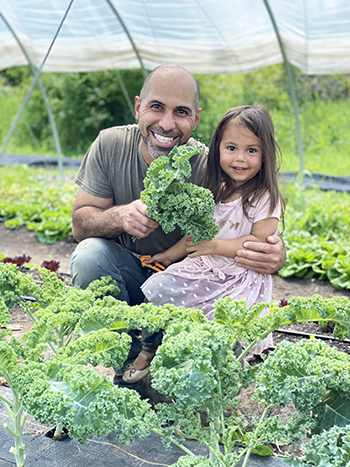

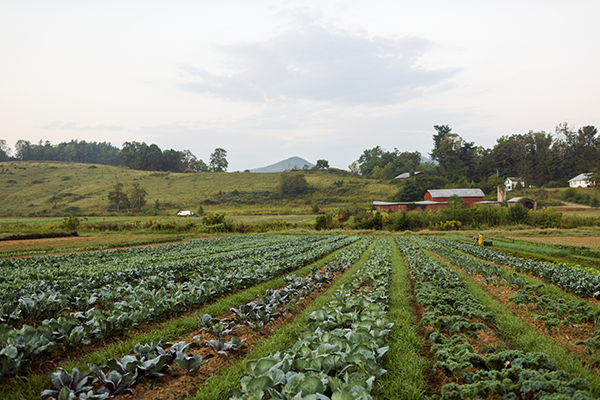 It’s not too late for online/preorder seedling sales, farmers market custom bags, and We Give a Share
It’s not too late for online/preorder seedling sales, farmers market custom bags, and We Give a Share
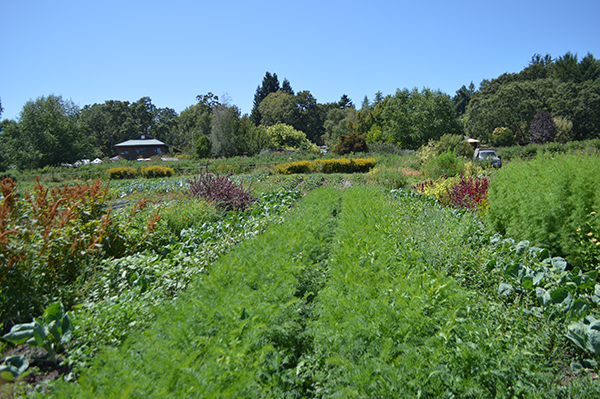 Farmer to Farmer Profile
Farmer to Farmer Profile
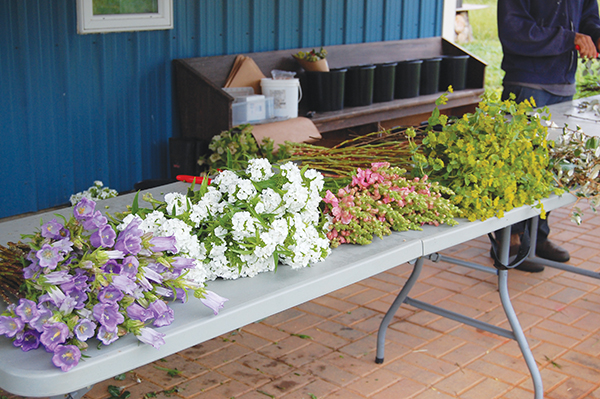 Why is the flower micro-farm best suited to a laser focus on one or two enterprises versus a balance of several? It is because of the long maturity of flower crops and the specific and conflicting demands of different types of flower enterprises. For example, some of the most common ways for farms to sell their flowers are at a farmers market, wholesale, from a flower stand/truck, a CSA, and weddings/events. These outlets can be compared on their need for similar types and quantities of flowers.
Why is the flower micro-farm best suited to a laser focus on one or two enterprises versus a balance of several? It is because of the long maturity of flower crops and the specific and conflicting demands of different types of flower enterprises. For example, some of the most common ways for farms to sell their flowers are at a farmers market, wholesale, from a flower stand/truck, a CSA, and weddings/events. These outlets can be compared on their need for similar types and quantities of flowers.
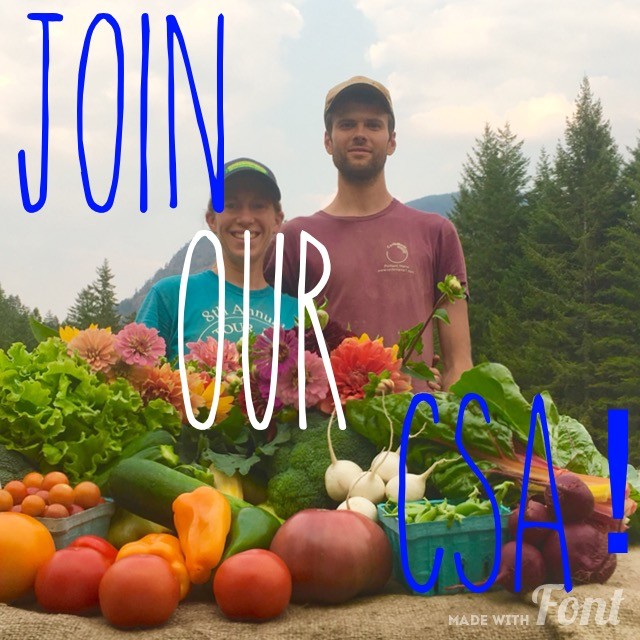


 For most established growers, the easiest place to start selling flowers will be mixed bouquets and single stem/small bunch retail sales. These are the flowers you can sell to your existing customers and they are easy to incorporate into farmers market, CSA, and grocery sales. But there are lots of other outlets out there, including florists, weddings and events, business subscriptions, value added products, and wholesalers.
For most established growers, the easiest place to start selling flowers will be mixed bouquets and single stem/small bunch retail sales. These are the flowers you can sell to your existing customers and they are easy to incorporate into farmers market, CSA, and grocery sales. But there are lots of other outlets out there, including florists, weddings and events, business subscriptions, value added products, and wholesalers.
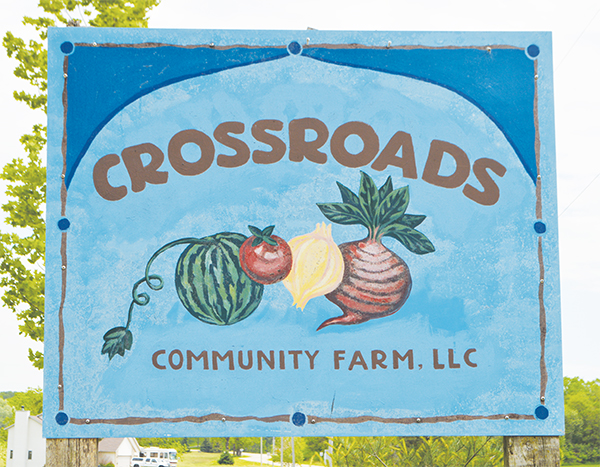 I made a trek out to Wisconsin in June. I’ve been lucky enough to visit this gorgeous state a few times, and I was glad to return. Wisconsin is the state with the second most organic acres in the country, behind California. It’s been an important crucible for the organic ag movement since the beginning. Out of the 177 of Chris Blanchard’s Farmer to Farmer podcasts, 21 featured Wisconsin-based businesses. From that list I chose two farms to visit and interview for this column.
I made a trek out to Wisconsin in June. I’ve been lucky enough to visit this gorgeous state a few times, and I was glad to return. Wisconsin is the state with the second most organic acres in the country, behind California. It’s been an important crucible for the organic ag movement since the beginning. Out of the 177 of Chris Blanchard’s Farmer to Farmer podcasts, 21 featured Wisconsin-based businesses. From that list I chose two farms to visit and interview for this column. 
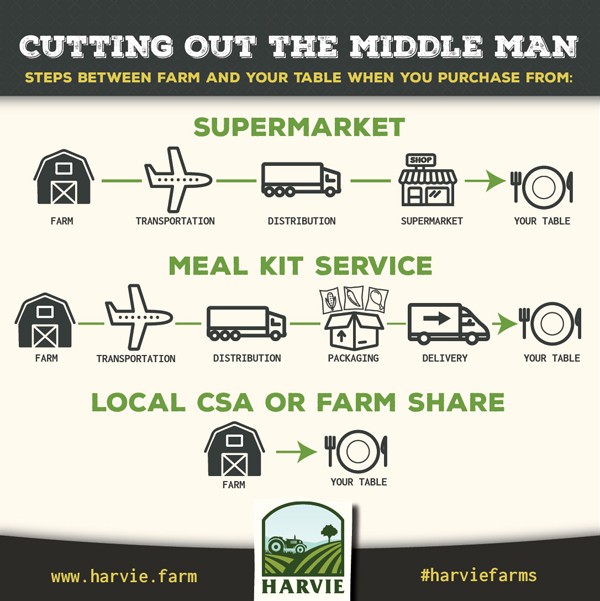 “CSA is dead” is a refrain I have heard from multiple farms in the past few years. I started to hear rumblings of a problem with the CSA model in 2014 through the CSA Farmer Discussion group that I manage on Facebook which brings together over 2,500 CSA farmers from all over the world. Farmers reported that they were having trouble attracting and retaining membership.
“CSA is dead” is a refrain I have heard from multiple farms in the past few years. I started to hear rumblings of a problem with the CSA model in 2014 through the CSA Farmer Discussion group that I manage on Facebook which brings together over 2,500 CSA farmers from all over the world. Farmers reported that they were having trouble attracting and retaining membership..jpg)
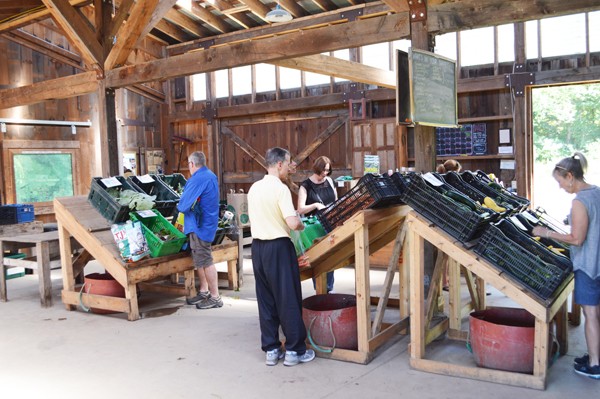 It’s an incredibly cool, clear and dry July day in Massachusetts as I make my way to Brookfield Farm. Dan has arranged for me to visit at 2PM on a Thursday so I can see this bustling CSA farm at distribution time. I arrive just before the appointed hour, and see the last details of the setup being handled by apprentice Ellen. Dan and Karen are bustling around the corner, checking that the room is ready for the deluge of customers to come.
It’s an incredibly cool, clear and dry July day in Massachusetts as I make my way to Brookfield Farm. Dan has arranged for me to visit at 2PM on a Thursday so I can see this bustling CSA farm at distribution time. I arrive just before the appointed hour, and see the last details of the setup being handled by apprentice Ellen. Dan and Karen are bustling around the corner, checking that the room is ready for the deluge of customers to come. 
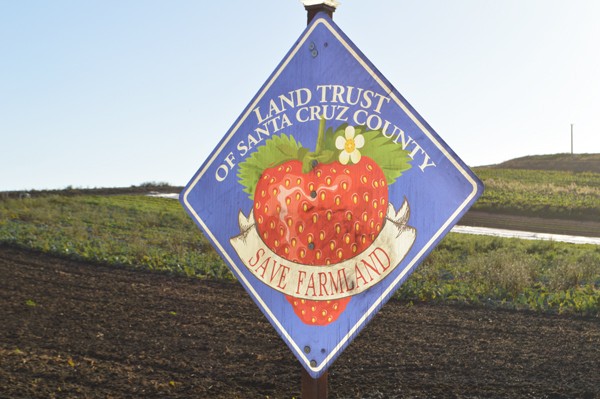 Getting to High Ground Organics means going through the belly of the beast of California’s agricultural sweet spot – the Central Coast. This is where high value crops are grown right to the property line, right next to towns and suburbs, cheek by jowl. The proximity to the Pacific Ocean mitigates the climate of this region so it’s never that hot and never that cold; they can grow and harvest strawberries from March to October.
Getting to High Ground Organics means going through the belly of the beast of California’s agricultural sweet spot – the Central Coast. This is where high value crops are grown right to the property line, right next to towns and suburbs, cheek by jowl. The proximity to the Pacific Ocean mitigates the climate of this region so it’s never that hot and never that cold; they can grow and harvest strawberries from March to October. 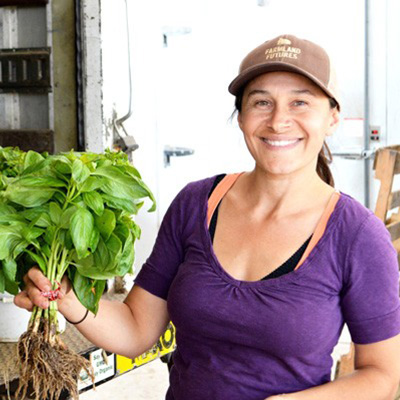
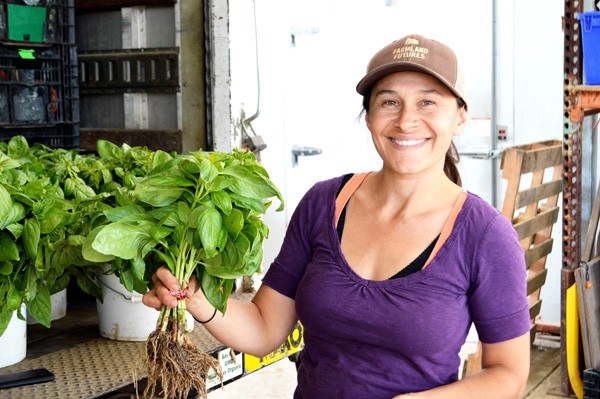 Fifth Crow Farm lies nestled below some ragged hills – the native grass fully brown, the oaks wide and green. The farm grows 50 acres of certified organic crops on 150 acres of leased land, including vegetables, cut flowers, dry beans and eggs. The farm land is completely flat, tucked in a tiny valley in zone 9B. Believe it or not, just across the street, a mere two miles from the ocean, there are acres and acres of open land with cows grazing. How can land so close to such beauty, and with such a wonderful growing season be devoid of development? The answer is complicated, but mostly it’s because the parcels of land have always been quite large, and much of it is being purchased for conservation purposes.
Fifth Crow Farm lies nestled below some ragged hills – the native grass fully brown, the oaks wide and green. The farm grows 50 acres of certified organic crops on 150 acres of leased land, including vegetables, cut flowers, dry beans and eggs. The farm land is completely flat, tucked in a tiny valley in zone 9B. Believe it or not, just across the street, a mere two miles from the ocean, there are acres and acres of open land with cows grazing. How can land so close to such beauty, and with such a wonderful growing season be devoid of development? The answer is complicated, but mostly it’s because the parcels of land have always been quite large, and much of it is being purchased for conservation purposes.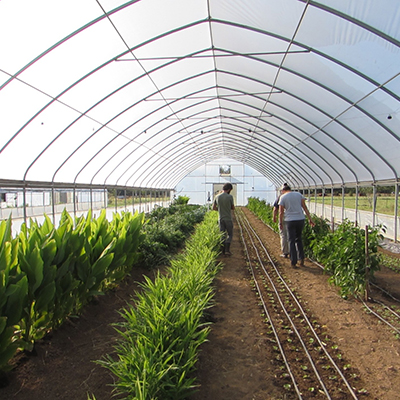
 For years, my wife and I have been considering offering a winter CSA, but have been hesitant. This hesitation stemmed mostly from not having any real experience growing over winter (beyond the kale and collards that persist until January in our fields), but also from lacking the proper infrastructure. This year, however, with two small tunnels up and some decent storage facilities, we decided to make the leap. But I first wanted to talk to a few winter growers to see how they run their winter CSAs to get some pointers on what to expect, what to plan for, and how to manage everything from the hoophouse to the wash/pack. Here is what I learned.
For years, my wife and I have been considering offering a winter CSA, but have been hesitant. This hesitation stemmed mostly from not having any real experience growing over winter (beyond the kale and collards that persist until January in our fields), but also from lacking the proper infrastructure. This year, however, with two small tunnels up and some decent storage facilities, we decided to make the leap. But I first wanted to talk to a few winter growers to see how they run their winter CSAs to get some pointers on what to expect, what to plan for, and how to manage everything from the hoophouse to the wash/pack. Here is what I learned.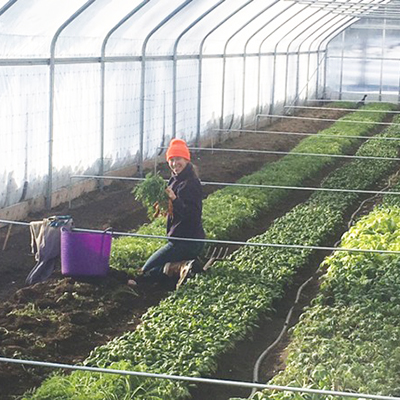
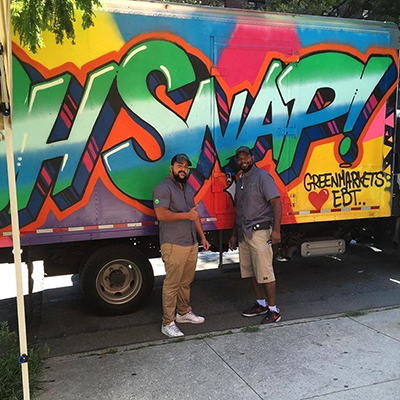
 Jack and Beckie Gurley’s Calvert’s Gift Farm was among the first certified organic farms in Maryland. Over the years, the couple has mentored many new farmers, and in April 2015, they took it a step further and created the Chesapeake Farm to Table (CFT) food hub to generate and coordinate reliable sales to help small farms operate profitably. Twice a week, CFT combines freshly harvested farm products from 25 farms and a ramp forager in West Virginia for delivery to Baltimore, Annapolis and Washington, D.C., area restaurants.
Jack and Beckie Gurley’s Calvert’s Gift Farm was among the first certified organic farms in Maryland. Over the years, the couple has mentored many new farmers, and in April 2015, they took it a step further and created the Chesapeake Farm to Table (CFT) food hub to generate and coordinate reliable sales to help small farms operate profitably. Twice a week, CFT combines freshly harvested farm products from 25 farms and a ramp forager in West Virginia for delivery to Baltimore, Annapolis and Washington, D.C., area restaurants.